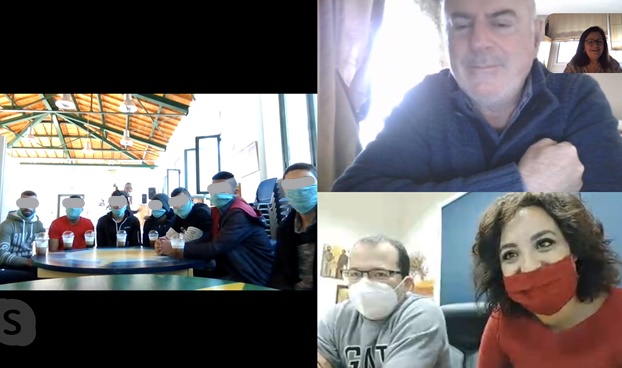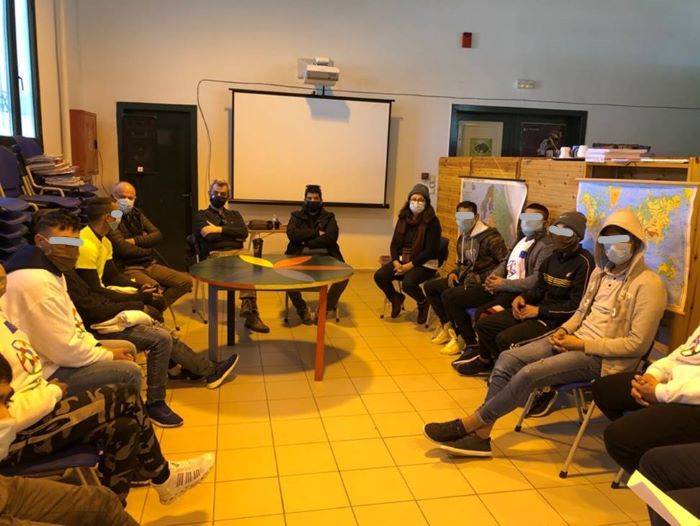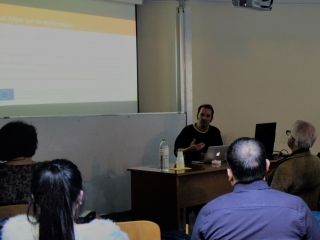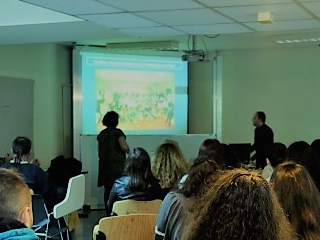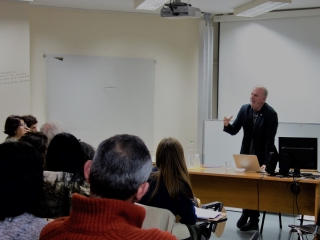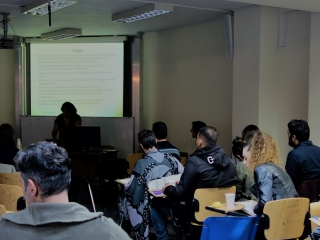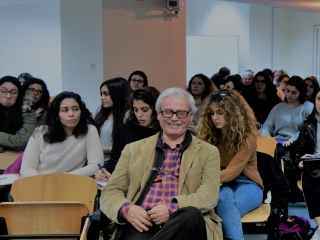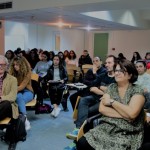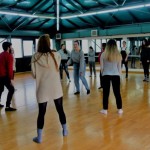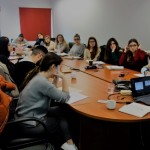Common space with young Roma prisoners & police/prison officers in Greece
- Written by Cospirom Administrator
- Published in Roma Prisoners & Police/Prison Officers
- Permalink

Common space with Roma young prisoners and Police aim to deal with the problem that face young Roma that carry the stigma of a marginalized group and the same time that of imprisoning.
The specific problems they face concern:
- Discrimination before public Institutions
- Discrimination before Courts
- Discrimination in access to Employment
- Discrimination in police procedures and abusive treatment
- Lack of access to information
The setting (place, time, participants)
First three meetings with young Roma prisoners and police officers occurred virtually. The last two, the one with police officers and the other with prison officers took place live being arranged in a cycle.
In each one of these meetings participated: the members of the research team, 2-3 police/prison officers and 9-13 young Roma prisoners (including some refugees).
In this common space of young Roma prisoners and police/prison officers, both parts had the opportunity to share their experience of the other and to cultivate their empathy for the other while they renegotiated their stereotypes of the other.
By the part of young Roma prisoners, their difficult life conditions emerged as the main reason for delinquent behavior while police officers in these meetings seemed to better understand them. From the discussion, among the whole team, the responsibility of the society and social Policies was emerged. Furthermore, the police officers recognized the role of Police as mainly repressive and less preventive, realizing the need for strengthen of its preventive role highlighting that the new generation of police officers have a different attitude and that the police officially condemn the violence. Young prisoners were helped in developing their citizenship, namely, that they have both rights and obligations.
By both poles, it was recognized that this opportunity brought them closer and was a step towards breaking stereotypes on both sides.
Regarding the meeting with prison staff, we could stay in two points: one the fact that although they have no suitable training—a need that was emerged in this meeting—they apply rules of cultural communication and the second the need of supporting young prisoners after releasing in order to be their integration sustainable.
